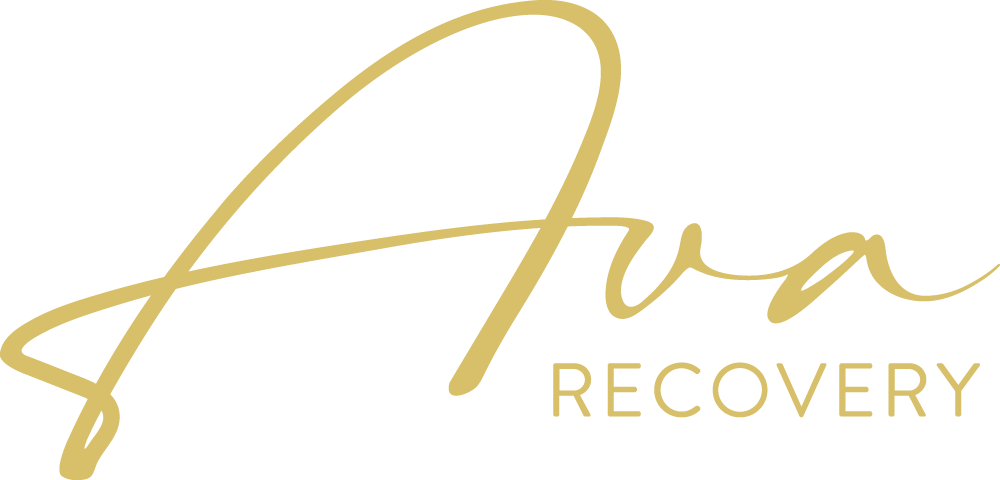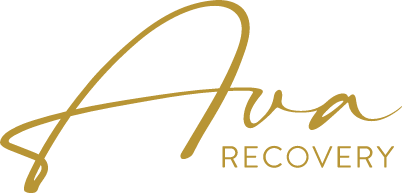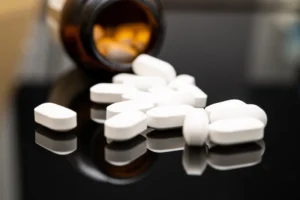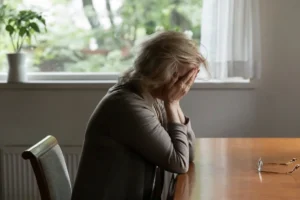Those who are struggling with addiction or considering addiction treatment have to face many fears as part of their recovery. One area that has a lot of fear pertains to the future. Anxiety about what’s coming, how to stay sober, how you’ll make money, and who your friends will be are among the top concerns related to life after addiction.
Life After Addiction
Life after addiction will be very different in substantial ways that underlie your daily activities.
For example:
- Where you might not have given a second thought to going out with a group of coworkers after work for a drink, now you have to reconsider that option based on where you are in your recovery and whether that might be a trigger
- Now, when you meet people and get invited to social events, as you build a relationship, you’ll have to determine at what point you decide to share about your recovery so that they can respect your boundaries and needs
Your life after addiction will look different in terms of your family dynamics, friends and other relationships, career, education, and more.
Friends
For many people, they end up changing their core group of friends if that group of friends used to be involved in drugs and alcohol with them.
It is extremely challenging, if not detrimental, to immediately jump back into your old habits, including hanging out with old friends.
Consider this:
Michael used to hang out with his three best friends, Clark, John, and James, at their shared apartment. All three friends would primarily sit around, get high, and then watch TV. Anyone else who wanted to get high might drop in from time to time and hang out as well. Now, not everyone who visited socially was doing so to get high or was high, but the majority of them were.
So now that Michael is in recovery, he has found new, more rewarding activities to do with his free time other than sit around and watch TV. Not only is it difficult for Michael to watch TV for that amount of time while sober in a dark, hazy room, but it’s very triggering for him to be around his friends with whom he no longer has much in common.
In the case of Michael, his friends are very supportive of him and are happy that he is in recovery, but they have no desire to be. So, life after addiction for Michael means getting a new group of friends and participating in activities beyond television.
Family
For others, life after addiction might extend to a lot of time repairing damaged relationships, particularly with family.
Consider this:
Margaret struggled with drug addiction for several years. She had relapsed multiple times, so her husband and two children were hesitant to believe that this time was different. Margaret had to work hard on a regular basis to stay committed to her recovery, and that included starting sober activity groups in her area, particularly a music group led by a music therapist friend she had met in an NA meeting.
Margaret knew that it would take time for her family to believe her because they were vulnerable and didn’t want to get hurt again, but Margaret also knew that the best she could do was focus on herself loving her family, and moving forward day after day
Jobs
Life after addiction might be challenging where jobs and education are concerned, but with the right type of support from places like Ava Recovery, you can find a new path forward.
For example:
- After addiction, you might decide that you want a new job
- You might want ongoing education because your addiction led to dropping out at an early age
- You might have legal issues related to your addiction that you are still working through
- You might need to find new housing or get a license again and a car
Life skills can be an essential way to build toward a new life after addiction, one that is full of purpose and support.
Support with Ava Recovery
At Ava Recovery, we provide comprehensive and tailored support programs that extend to those same anxieties and fears about the future. We know that anyone who is undergoing treatment has concerns about life after addiction, so we work hard to prepare you as much as possible and give you access to the resources you might need to make life after addiction simpler and more purposeful.
- This includes learning about your triggers so that you know whether going out for drinks with your fellow coworkers is a good or a bad decision for you
- This includes learning coping mechanisms so that you can stay focused on your goals like ongoing education or a new job, even when you get triggered
- This also includes learning self-care so that, like Margaret, you can focus on the most important things regardless of what friends or family might think around you
At our residential treatment center, we provide several levels of therapy, all focused on treating trauma as the root cause of addiction and improving your connection to yourself. This will give you the ongoing support you need to find a purposeful life after addiction.
Contact our team to learn more about our facility at 833-330-3009.life






